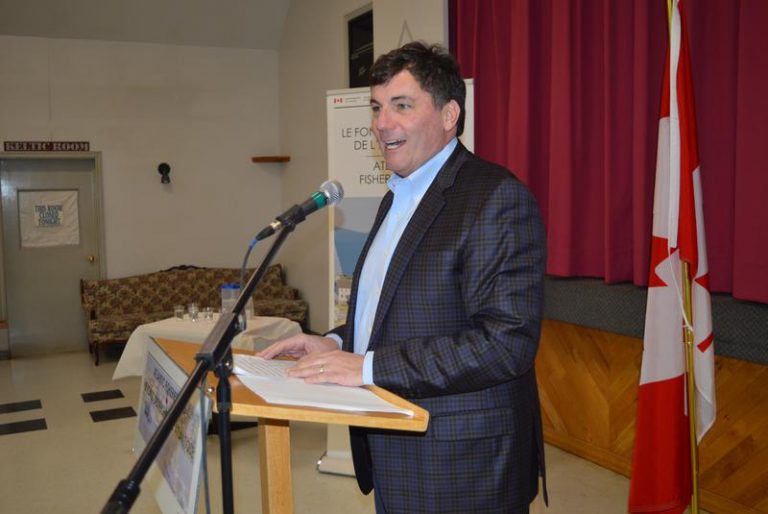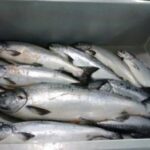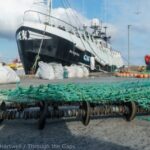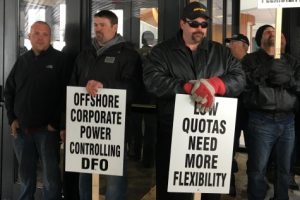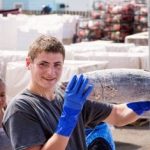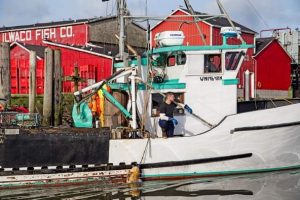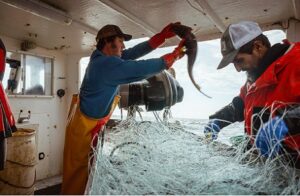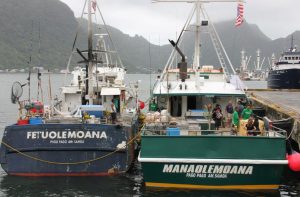Daily Archives: September 8, 2012
Apalachicola Bay-Franklin County Oysterman: “We’re going to lose everything we’ve ever worked for”
 “I don’t know how families are going to survive,” said his wife and fellow oysterman, Betty Shiver. For the oystering couple, making a decent living these days seems down right impossible. They say the Apalachicola Bay, known for its big beautiful oysters, isn’t producing. The cause? Perhaps a lack of fresh water, over harvesting, or even possible remnants of the BP oil spill. They just don’t know, but their situation grows dire. “A lot of people, all they do is depend on this bay out here oystering and if it’s not here they can’t make it, and it’s not here and everybody knows it’s not here,” said Mr. Shiver. Read More
“I don’t know how families are going to survive,” said his wife and fellow oysterman, Betty Shiver. For the oystering couple, making a decent living these days seems down right impossible. They say the Apalachicola Bay, known for its big beautiful oysters, isn’t producing. The cause? Perhaps a lack of fresh water, over harvesting, or even possible remnants of the BP oil spill. They just don’t know, but their situation grows dire. “A lot of people, all they do is depend on this bay out here oystering and if it’s not here they can’t make it, and it’s not here and everybody knows it’s not here,” said Mr. Shiver. Read More
News analysis: More NOAA appeal talk fails truth test ! (who knew?!) CLF Shyster in Denial.(yeah.that too.)
By Richard Gaines, Heading altered by Bore Head
The lead attorney for the government was not the only one whose statements before the second highest court in the land this week ran contrary to documented evidence.
Justice Department lawyer Joan Pepin, defending the legality of the federal government’s conversion of the Northeast groundfishery into a commodities market, was joined in that realm by her co-counsel, Peter Shelley, an attorney with the Conservation Law Foundation.
Appearing Wednesday in Boston before the First U.S. Court of Appeals, Pepin introduced a claim — contradicted by records and comments from the New England Fishery Management Council — that federal fishery regulators had already put into place a system to prevent industry consolidation that would destabilize the way of life and underlying culture of the ports, Gloucester and New Bedford and beyond from New Hampshire to North Carolina. A check of record and talks with council officials confirmed that’s not the case, as the Times reported Friday.
Following Pepin, Shelley said the New England Fishery Management Council, the arm of the federal fishery regulatory system, had adopted fishery consolidation as its official policy.
But Patricia Fiorelli, spokeswoman for the council — a part-time, 16-member panel charged with researching and writing policies for approval by the federal government — said Friday that “the council does not have a policy supporting consolidation.”
Shelley’s argument to the three-judge panel on Wednesday also condescended to scoff at concerns held and expressed by many plaintiffs — including Gloucester Mayor Carolyn Kirk, former New Bedford Mayor Scott Lang, Congressmen Barney Frank and John Tierney and others — that major environmentally-rooted nonprofits and foundations, including the Walton Family Foundation, which operates as an adjunct to and with endowment from Wal-Mart, had gained improper influence over federal fisheries polices.
“The plaintiffs (believe),” Shelley argued, “(that) some dark force of privatization was at work — nothing could be farther from the truth. This is not Wal-Mart vs. the corner pharmacy.”
Yet the common fear among many plaintiffs that Wal-Mart, through the Walton Family Foundation and in concert with a Wal-Mart corporate partner, the Environmental Defense Fund, has achieved a controlling position in the National Oceanic and Atmospheric Administration, is grounded in documented fact.
The catch share policy instituted by NOAA Administrator Jane Lubchenco after her appointment by President Obama and confirmation in 2009 was precisely the policy that was advocated in a policy paper written in 2008 by Lubchenco and a team of scientists and politicians. And The Walton Foundation was lead underwriter for the paper, “Oceans of Abundance,” which warned that overfishing was so depleting the oceans that jellyfish would be masters of the seas by the middle of this century.
middle of this century.
Lubchenco at the time was vice chairwoman of EDF board of directors; the paper has since been widely discredited in both scientific and academic spheres.
One of the appeal plaintiffs’ attorneys, Gloucester fisheries lawyer Stephen Ouellette, alluded to the concern across the industry that the catch share system creates a business model that invites external investment. The worry, he said, is over the future erosion of the local ownership feature that has defined the groundfishery for centuries.
“There is a large political movement seeking to force a catch share system on all the fisheries,” Ouellette said. READ MORE!
http://www.gloucestertimes.com/local/x550068870/News-analysis-More-NOAA-appeal-talk-fails-truth-test

































